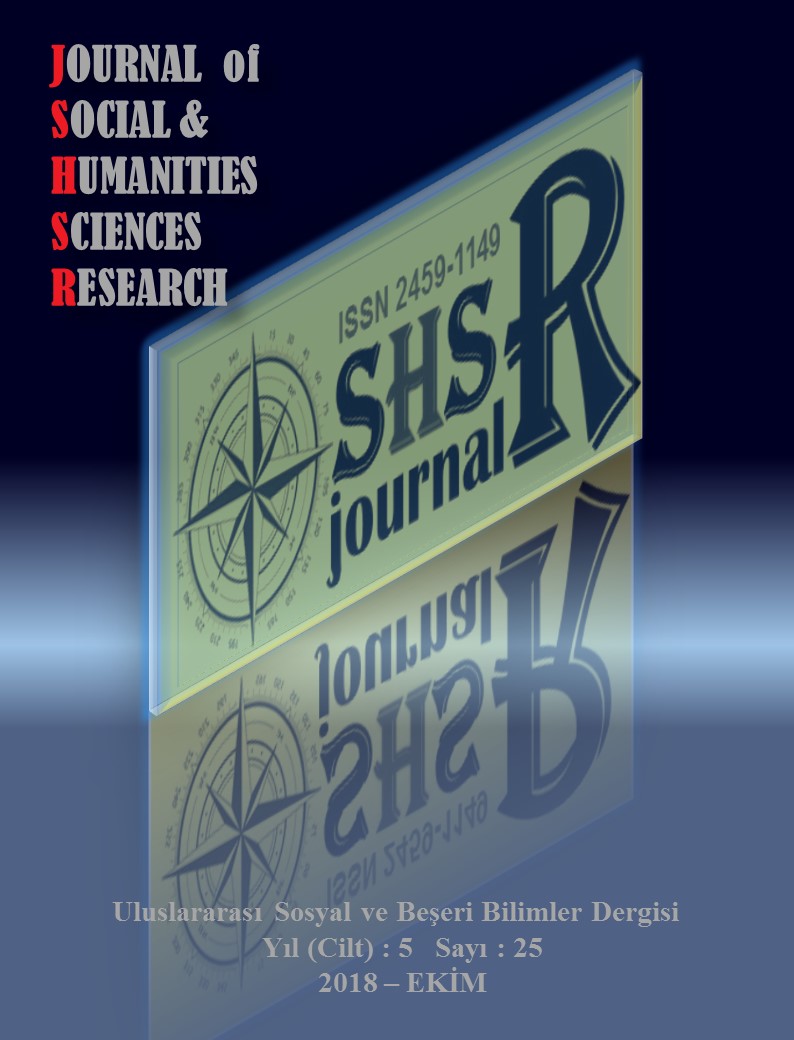TURKISH VALIDITY AND RELIABILITY STUDY OF SMOKING CESSATION FATIGUE SCALE
DOI:
https://doi.org/10.26450/jshsr.578Keywords:
Smoking Cessation, Smoking and Stress, Anxiety, DepressionAbstract
Aim of the study: The aim of this study is to adapt the scale of "smoking cessation fatigue" developed by Mathew et al (2017) to Turkish and to study the validity and reliability.
Material and Method: The universe of study constitutes 300 people who have quit smoking or have begun smoking again. Quantitative research design in study and convenience sampling method used.
Findings: The cessation smoking fatigue scale consists of 3 factors and it was observed 59,035% of the cumulative value of the scale. This value is acceptable level. Correlation and t values of confirmatory factor analysis resultants were determined and since item t of item 16 is low, it has been removed from the scale. In addition, covariance was made between items 1 and 3, 1 and 11, 1 and 17, 3 and 13, 11 and 17, 9 and 12 for to goodness of fit ensure. Correlation analysis was performed with the stress scale, r value was found as 0,310 and it was observed that there was a low positively correlation between stress and smoking cessation fatigue.
Discussion and Conclusion: According to the confirmatory factor analysis results of this study, because the factor loadings of the three items are lower than 0.30, 1 item was subtracted from the scale so that the index of goodness of fit of the explanatory factor analysis for can reach an acceptable level. According to the results of the research, there is a low positively correlation between stress and smoking cessation fatigue. That is, as stress increases, smoking cessation fatigue increases and as smoking cessation fatigue increases, stress increases.
Downloads
Published
How to Cite
Issue
Section
License
Copyright (c) 2018 INTERNATIONAL JOURNAL OF SOCIAL HUMANITIES SCIENCES RESEARCH

This work is licensed under a Creative Commons Attribution 4.0 International License.


